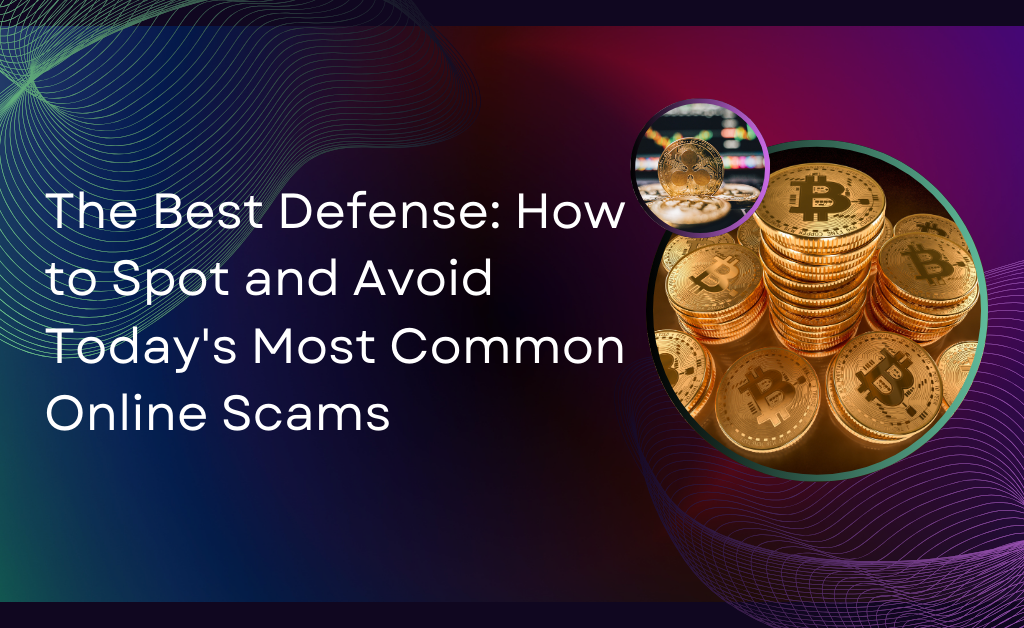In the world of online finance, the old adage holds true: an ounce of prevention is worth a pound of cure. While our other articles focus on the difficult steps to take after a scam has occurred, this guide is dedicated to the single most effective strategy of all: avoiding the trap in the first place.
Criminals no longer need to pick a lock or brandish a weapon; they simply need an internet connection and a convincing story. They target everyone, regardless of age or tech-savviness.
1. Scrutinize Unsolicited Contact
The single most common vector for a scam is unsolicited contact.
- The Phishing Email: Be wary of emails that appear to be from your bank or services like Amazon or Netflix.
- The “Wrong Number” Text: A message from someone pretending to know you is often the start of a scam.
2. If It Sounds Too Good to Be True, It Is
Scammers appeal to our desire for quick money. If someone promises high returns with zero risk, it’s a red flag.
- Guaranteed Profits: There is no such thing in real investing.
- Secret Methods: Scammers often claim to have inside knowledge or special tools.
3. The Creation of Urgency or Fear
Scammers will pressure you to act quickly so you don’t think clearly or consult others.
- “You Must Act Now!”: Panic-inducing messages are designed to make you react emotionally.
- Threats and Intimidation: Real agencies don’t demand payment via gift cards or cryptocurrency.
4. The Romance Angle (The Long Con)
Romance scams involve building a fake emotional relationship to eventually ask for money.
Never send money to someone you haven’t met in person, no matter how genuine they seem online.
5. Unusual Payment Methods
Scammers prefer untraceable, irreversible payment methods.
- Gift Cards: A major red flag for any type of payment request.
- Wire Transfers & Cryptocurrency: High risk for fraud when sent to unknown recipients.
Your best defense is skepticism. Ask questions, slow down, and verify all requests independently before acting.


